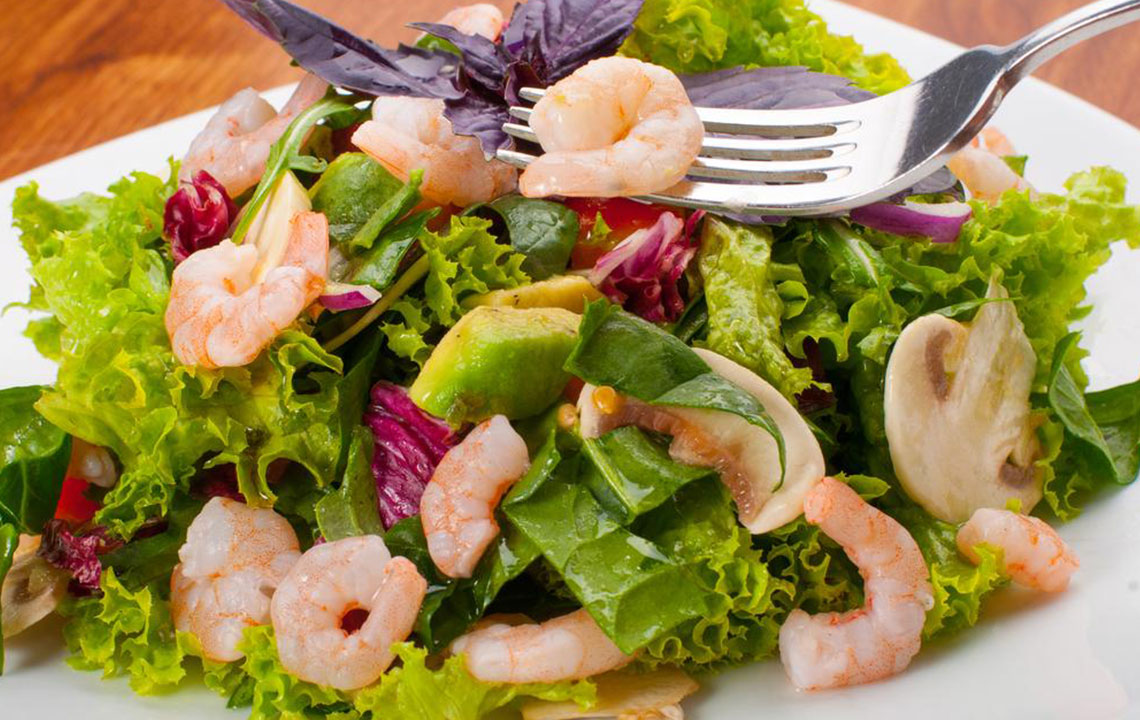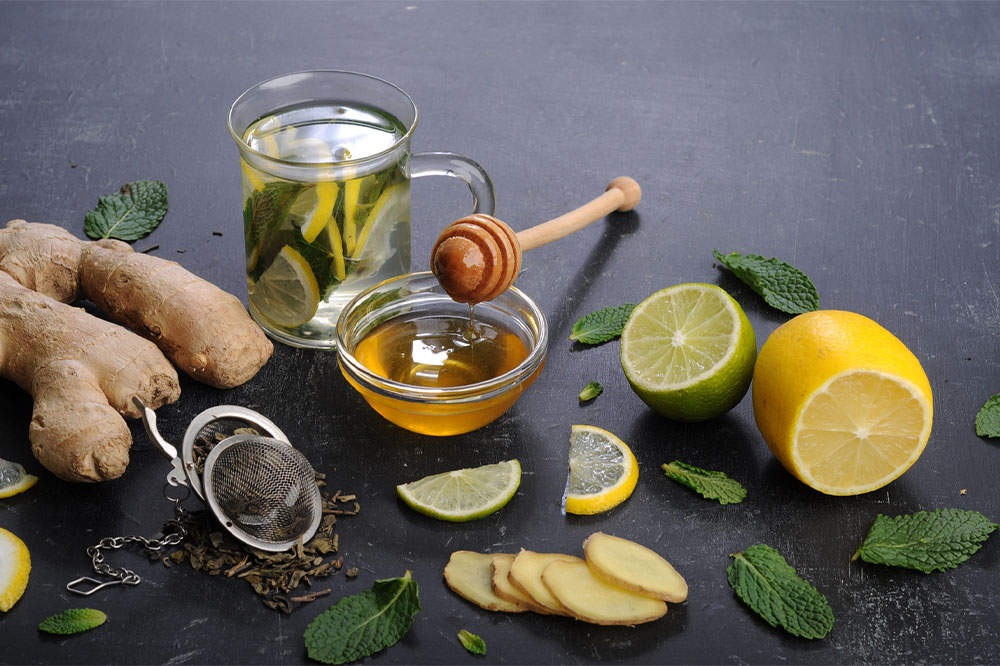Quick-Relief Dietary Tips for Heartburn Control
Learn effective dietary strategies to quickly alleviate acid reflux symptoms. Incorporate versatile vegetables, whole grains, and lean proteins, while avoiding triggers like fatty foods and citrus. Small lifestyle changes can significantly improve comfort and reduce reflux episodes.

Quick-Relief Dietary Tips for Heartburn Control
Experiencing frequent burning sensations in the chest might signal Gastroesophageal Reflux Disease (GERD), a condition where stomach acids flow back into the esophagus.
After eating, a muscular ring called the lower esophageal sphincter typically closes to contain stomach acid. If this muscle relaxes improperly, acid can escape, leading to discomfort. Ongoing reflux causes symptoms like heartburn and regurgitation.
Factors contributing to GERD include hiatal hernia, lying down after meals, excess weight, certain foods (such as tomatoes, garlic, spicy or fatty dishes), smoking, alcohol, caffeine, late-night eating, pregnancy, and some medications. Typical symptoms include chest burning, sour taste, nausea, bloating, cough, and swallowing difficulties.
Key Causes
Hiatal hernia
Post-meal positions like lying down or bending over
Overweight or obesity
Dietary triggers such as spicy, fatty, or acidic foods
Smoking and alcohol consumption
Pregnancy and certain medications
Making adjustments to lifestyle and diet plays a vital role in reducing symptoms. Smaller, frequent meals, limiting fatty foods, and avoiding known irritants can make a significant difference.
Incorporate the following foods to help manage GERD:
Vegetables: Cucumber, spinach, broccoli, beans, cauliflower, asparagus
Whole grains: Oatmeal, brown rice, whole wheat bread
Ginger: Natural anti-inflammatory, enjoy as tea or in dishes
Fruits: Bananas, apples, pears, melons (limit citrus)
Egg whites: Protein-rich and low-fat
Lean proteins: Grilled or baked fish, turkey, chicken, seafood
Healthy fats: Olive oil, flaxseeds, walnuts, avocados
Foods to steer clear of include high-fat foods, chocolate, citrus, caffeine, and mint, as they may trigger reflux. Staying aware of triggers and adopting healthy habits can help control symptoms and enhance well-being.


